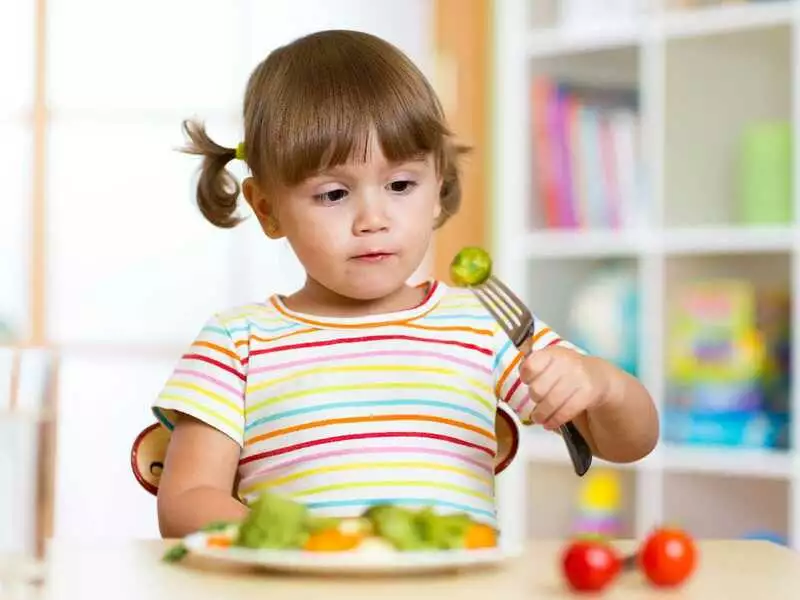A child's diet should be balanced and contain all the recommended products from the food pyramid to give the child the opportunity for safe growth and development. According to research, the diet of children in Poland is poor in a group of products that are of great importance in the diet - vegetables and fruit. The avoidance of fruit and vegetables is sometimes the result of parents' ignorance in this area, and this is where paediatricians play a major role; on the other hand, children's reluctance to eat these products is also a significant problem. Fruit juices can help in this situation.
Unfortunately, children's dietary problems are not an absent issue in Polish society. According to observations and studies carried out by specialists, the diet of Polish children is not appropriate, and most of them eat only a few products that are included in the so-called 'pyramid of nutrition'. Children's diets are mainly based on a few essential products, which are not able to meet all the nutritional needs of children, i.e. to meet the needs of the developing organism.
According to the results of the international study HBSC (Health Behaviour In School-aged Children), it can be seen that Polish children eat too little and fruit, and what is more, they do not eat these products every day. Based on this, it is reasonable to fear the onset of many chronic diseases. As is well known, diet is an essential element in the prevention of many diseases, including obesity, type II diabetes, cardiovascular disease and certain cancers.
While there are currently no studies that point to a specific group of fruit or vegetables whose consumption guarantees a reduction in the risk of disease, it is nevertheless proven that the daily consumption of a variety of products from these groups, contributes significantly to reducing the risk of disease. This is the main reason why experts keep returning to the topic of healthy eating, so that this knowledge reaches as many people as possible, even more so in the context of children and the formation of their eating habits.
The role of the parent
Being a parent is a very responsible task that requires not only good intentions, but also the possession of certain information and knowledge. A common source of knowledge for parents is the Internet, which is nowadays widely available, while the opinions of specialists are relegated to the background.
Therefore, paediatricians have an extremely important task in educating parents - in providing parents with the most crucial information on nutrition, as well as providing access to dietary advice [1].

photo: panthermedia
"Model plate"
What should parents know about diet? First and foremost, it should be clear to parents that their child's diet should be balanced so as to provide adequate opportunities for the child's development. In practice, this means that the diet should include the consumption of specific food groups, but it also means the right number of meals and the right calorie level for the child's level of development. According to the recommendations of the Institute of Mother and Child, the following products should be included in the daily diet: protein products (about 5 portions), cereal products (5 portions), vegetables (5 portions), fruit (4 portions) dairy products (about 3 portions), meat, poultry, fish, eggs (1-2 portions) and fats (1-2 portions). [2]









